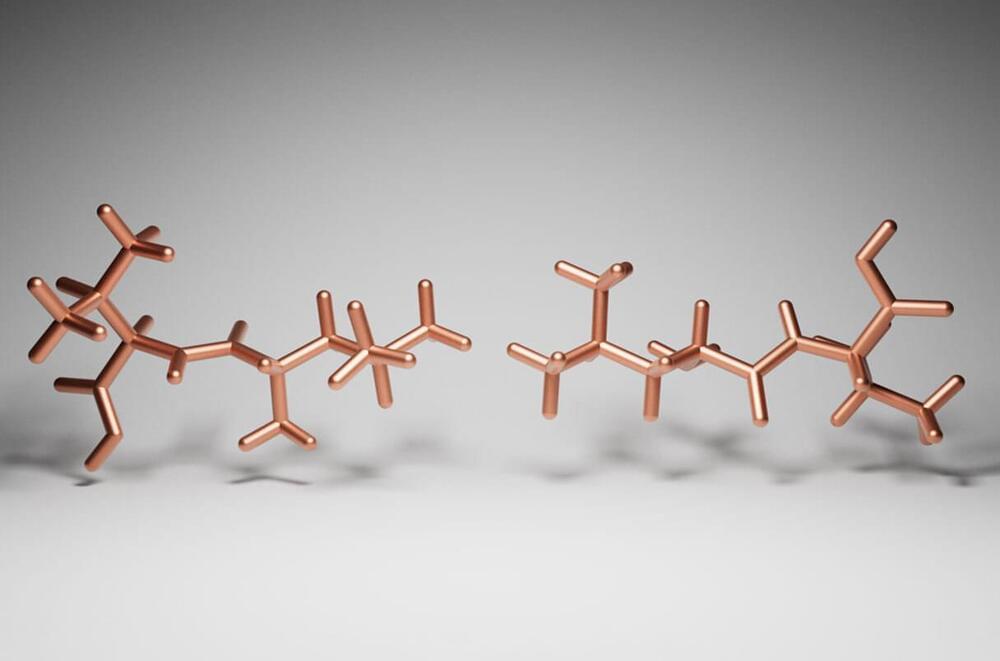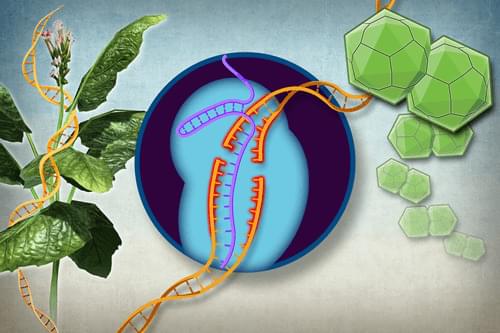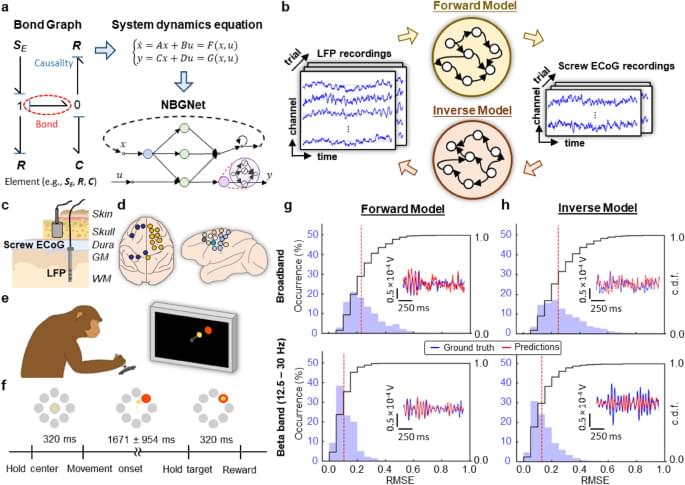The Tesla Supercharger network is opening up to other EVs. But charging costs extra for outsiders.



While trying to slim down a bit for her wedding day, one woman decided to take gray market semaglutide — and it landed her in the emergency room.
That woman, whom Healthline refers to as Amy Jenson to protect her privacy in its report, learned she was nearing prediabetic levels of the hemoglobin A1C at a visit to her naturopathic doctor. The naturopath suggested Jenson try semaglutide, the active ingredient in the Ozempic and Wegovy injectables, to help reach her goal weight and head off full-blown diabetes.
She purchased some semaglutide with B12 shots, which are often sold together in injectable forms from online and in-person pharmacies that operate in a legal grey area, from a compounding facility. She was initially prescribed a low dose that increased by small increments each month.


Powner’s team didn’t check whether its sulfur-based catalysts had a chiral bias. That’s where Donna Blackmond, an origin of life chemist at Scripps Research, and her colleagues Min Deng and Jinhan Yu grabbed the baton. They tested two of Powner’s sulfur compounds to see whether the catalysts were sensitive to chirality as they formed dipeptides. They were, but not in the way Blackmond had expected. The catalysts created about four times as many “heterochiral” dipeptides—those pairing a left-handed amino acid (L) with a right-handed (D) one—as fully chiral products. “We thought it was bad news,” Blackmond says, because it suggested that even if amino acids on early Earth started with a bias, it would have been scrambled as proteins formed.
But as Blackmond and her colleagues looked more deeply, the news got better. In a series of experiments, the Scripps researchers started with skewed proportions of L and D amino acids—for example, 60% Ls and 40% Ds. The L, D and D, L heterochiral dipeptides formed most quickly, and as they did they pulled equal numbers of L and D amino acids out of the mix. Because of the baseline bias, eventually a predominance of Ls remained in the pool of unreacted amino acids, raising the likelihood of forming fully lefthanded dipeptides. “It’s like a domino effect,” Powner says. The first heterochiral reaction eventually encourages more homochirals to form. “And it’s a general process that works with all amino acids,” Powner says. Joyce adds: “It’s just math.”
Follow-up experiments suggested a second bias that amplifies the effect. The team found that heterochiral dipeptides precipitate out of a solution more quickly than homochiral ones, speeding the way to a relative abundance of either homochiral L, L or D, D pairs, depending the starting mix. Just why this precipitation bias occurs isn’t yet clear, Blackmond says. However, Joyce says, together with the other effect, “it beautifully fits the [experimental] data.” Blackmond adds: “The wrong answer turned out to be the right answer to get us to homochirality.”


The team behind the breakthrough used the Atacama Large Millimeter/ submillimeter Array (ALMA) to zoom in on water vapor locked up in gas and dust within a protoplanetary disk surrounding the sun-like star HL Tauri, located 450 light-years away from Earth in the constellation Taurus.
“I had never imagined that we could capture an image of oceans of water vapor in the same region where a planet is likely forming,” Stefano Facchini research leader and an astronomer at the University of Milan, said in a statement. “Our results show how the presence of water may influence the development of a planetary system, just like it did some 4.5 billion years ago in our own solar system.”



“Even primary school students and old farmers can master gene editing,” says [Southern University of Science and Technology, or SUSTech] scientist Zhu Jian-Kang, who has helped develop a new approach that could greatly simplify the difficult and time-consuming process of editing genes in plants.
While conventional methods of heritable gene editing in plants often take months, and in some cases up to a year, this innovative approach could reduce the process to about two weeks, according to [Cao Xuesong, a scientist at SUSTech and a member of Zhu’s team], who is also the first author of the study.

Chang, YJ., Chen, YI., Yeh, HC. et al. Neurobiologically realistic neural network enables cross-scale modeling of neural dynamics. Sci Rep 14, 5,145 (2024). https://doi.org/10.1038/s41598-024-54593-w.